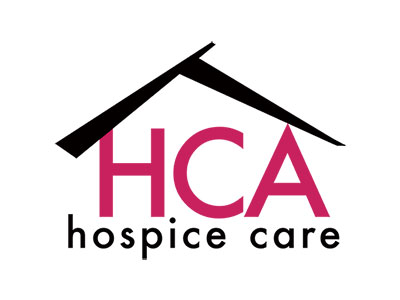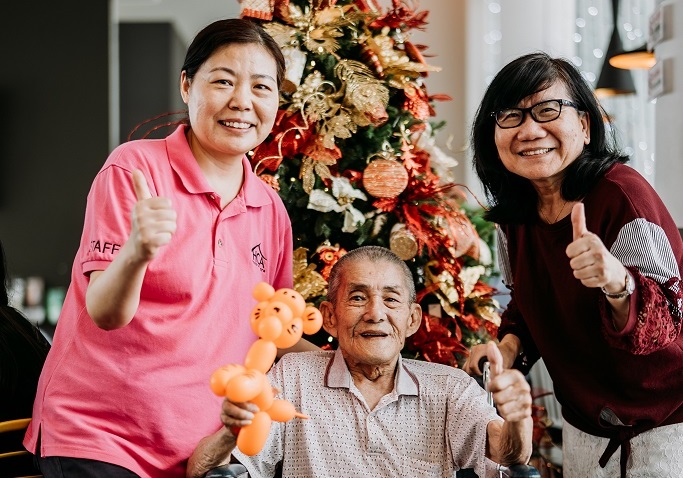Menu
Menu


Like the chapters of a book, our life stories are filled with varying themes of joy, meaning and challenges. Each story is unique, yet interconnected in its diversity. At the end of life, recounting these stories can bring about closure and a sense of dignity for patients, knowing they have lived a fruitful life.
The concept of dignity lies at the heart of the Family Dignity Intervention (FDI) initiative, which Spiritual Care Counsellor Irene Lee spearheads at HCA. “Through the FDI, we hope to help our patients’ families find closure,” Irene explains. “The process of narrating their stories also enables patients to impart a legacy and to verbalise their wishes and dreams for loved ones.”
Healing Past Hurts
Unresolved hurts and trauma from the past often resurface continuously and become more salient at the end of life. While there is no way for patients to turn back time to undo these hurts, making meaning out of these distressing events may help them find peace and acceptance.
One of Irene’s patients, Marie*, often stammered when she was nervous, stemming from an unpleasant incident in school, when her teacher put her on the spot in front of the whole class. This was further compounded by the bullying she had experienced in her tertiary years, and unresolved conflicts with her parents.
As a result, Marie developed depression and was unable to hold down a permanent job. However, she volunteered actively in the community and was ever ready to lend a helping hand to her siblings in times of need. During the FDI session with Irene, Marie shared the guilt she felt towards her parents, at not being able to complete her tertiary education, and her conflicted emotions over their divorce.
She also shared about her passion for volunteering, and the close relationship she had with her siblings, nieces and nephews. “It helped her realise that she had contributed to her family and community in her own way, and she should be proud of her achievements,” Irene explains. The FDI session also created a safe space for Marie to share her thoughts candidly with her sister, who was her primary caregiver.
A Village of Support
Irene records each FDI session, following a series of questions relating to relationships and life history, which usually takes a couple of hours. After the session, she reaches out to volunteers for help with transcribing the audio clips, a painstaking process that takes multiple hours to complete.
These transcripts are weaved into a beautiful book or deck of slides by Irene’s colleagues, as a keepsake for the patient and family. Each FDI project is a laborious work of love by HCA staff and volunteers, in helping patients leave a legacy for their families.
“It follows our patients’ stories from womb to tomb, and how they have gone through the life cycle beautifully,” Irene says.